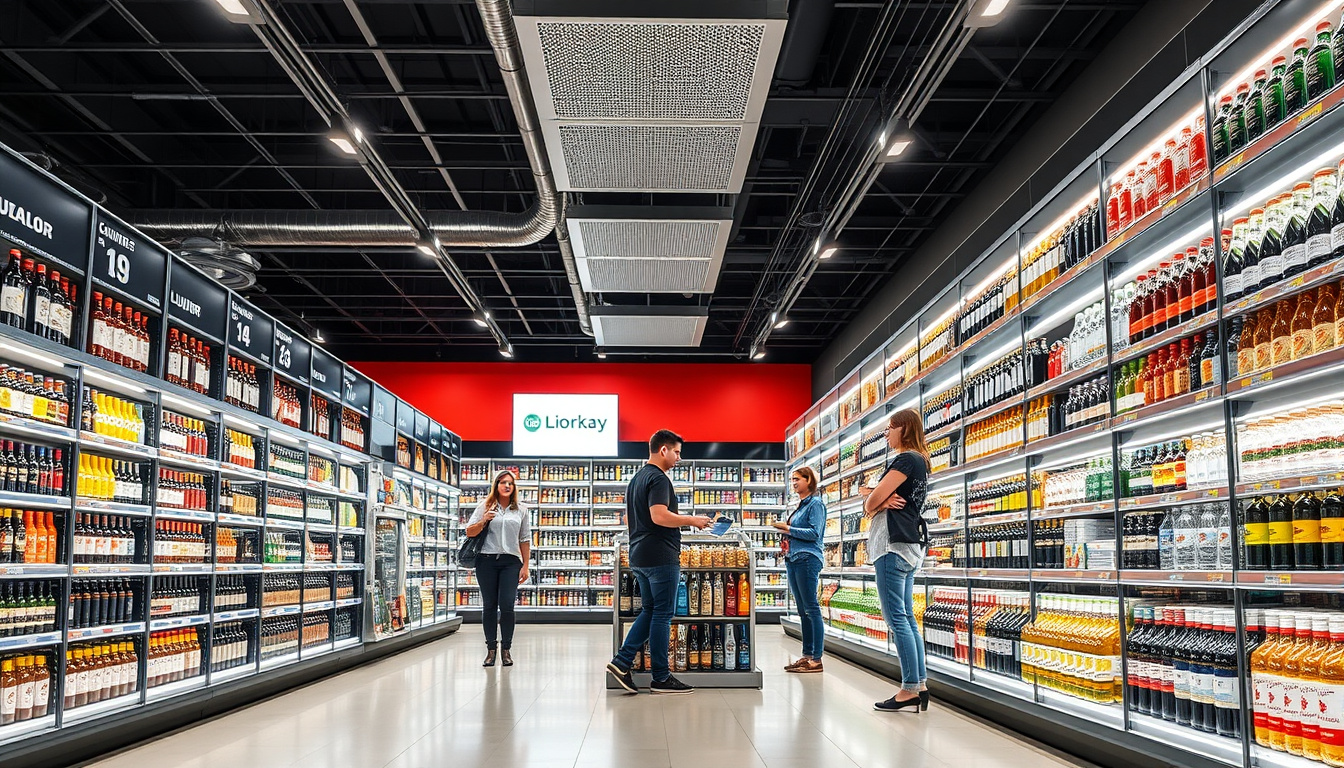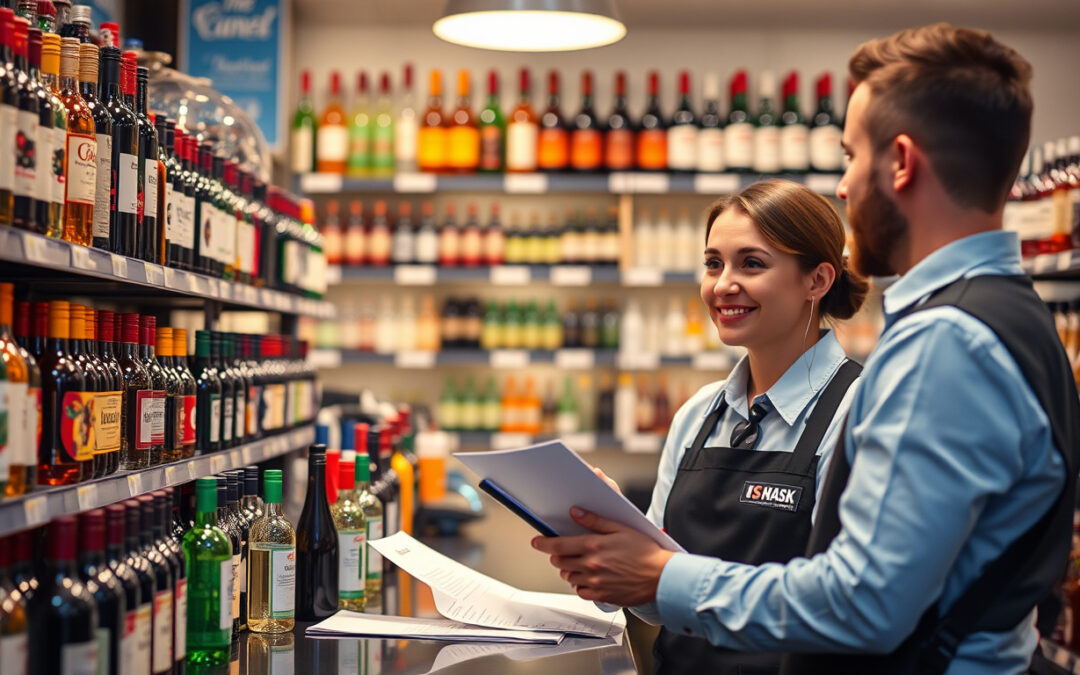Alcohol retail training is key for any business selling alcohol. Whether you run a corner store, a large supermarket, or a bar, training helps staff boost sales and follow the law. This article uses simple linked words to explain alcohol retail training so your business can grow safely and avoid penalties.
Why Alcohol Retail Training Is Crucial
Selling alcohol brings heavy duties. Without solid training, staff might serve minors, over-serve customers, or break licensing laws. Such mistakes lead to fines, lost licenses, and a damaged reputation. Trained employees keep communities safe, build a professional shopping scene, and raise customer trust and sales.
Knowing early how important alcohol retail training is lets retailers follow rules and use the best practices.
Core Components of Effective Alcohol Retail Training
A good training program covers these areas:
1. Understanding the Legal Framework
Staff need to know local alcohol laws. This means knowing:
- The minimum drinking age.
- Sales restrictions and closed hours.
- How to check IDs.
- The penalties for breaking the law.
These rules are the base for safe alcohol sales.
2. Identifying Fake IDs and Verification Techniques
Retail workers must spot fake IDs well. Training shows them how to:
- Check IDs for holograms, lamination, and clear fonts.
- Use ID scanning tools if available.
- Ask for IDs with politeness and confidence.
This simple step stops underage sales.
3. Responsible Service and Customer Interaction
Training tells staff how to handle:
- Sales to customers who are too drunk.
- Customers who act aggressive.
- Sharing alternatives and promoting safe drinking.
Better social skills protect both staff and customers.

4. Upselling Techniques to Boost Sales
Training also shows how to grow sales smartly:
- Suggest related items such as mixers, snacks, or glassware.
- Explain different alcohol choices.
- Share special offers and loyalty benefits.
This balanced approach helps both safety and profit.
Benefits of Investing in Alcohol Retail Training
Companies spending on training see many gains:
- • Legal problems decrease when staff follow rules.
- • Customers feel good with skilled and polite staff.
- • Sales rise when staff recommend extra items.
- • A strong reputation builds loyalty and trust.
Implementing an Alcohol Retail Training Program
Follow these steps to build a training program:
- Assess Your Needs: Find the gaps and know local legal demands.
- Choose or Develop Training Materials: Use certified courses or consult experts.
- Schedule Training Sessions: Arrange frequent sessions for updates.
- Incorporate Practical Scenarios: Use role-playing and real cases to aid learning.
- Evaluate and Certify: Test staff and provide certificates when they pass.
- Monitor and Refresh: Keep reviewing and re-training regularly.
Technology’s Role in Alcohol Retail Training
Technology makes training easier:
- • E-learning platforms deliver on-demand lessons.
- • Interactive quizzes and videos make learning fun.
- • Digital scanners help check IDs at the sales point.
- • Tracking software keeps records of staff certificates.
Combining these tools means better compliance and easier learning.
Frequently Asked Questions About Alcohol Retail Training
Q1: What is the typical duration of alcohol retail training?
A1: Training can last a few hours to a full day. The time depends on how deep the course is.
Q2: Is alcohol retail training legally mandatory?
A2: It depends on your region. Some places require training by law, while others see it as good practice. Check your local rules.
Q3: Can alcohol retail training decrease the risk of losing your license?
A3: Yes. When staff are properly trained, they reduce the chance of breaking rules and losing licenses.
Conclusion
Alcohol retail training is more than a law requirement. It is a smart investment that protects your business and boosts profits. With good training, staff sell responsibly, serve confidently, and meet legal rules. These factors raise sales and keep your license safe. For more advice on compliance and best practices, refer to government liquor boards or certified training providers. Start your training program today to support safe and successful sales.


